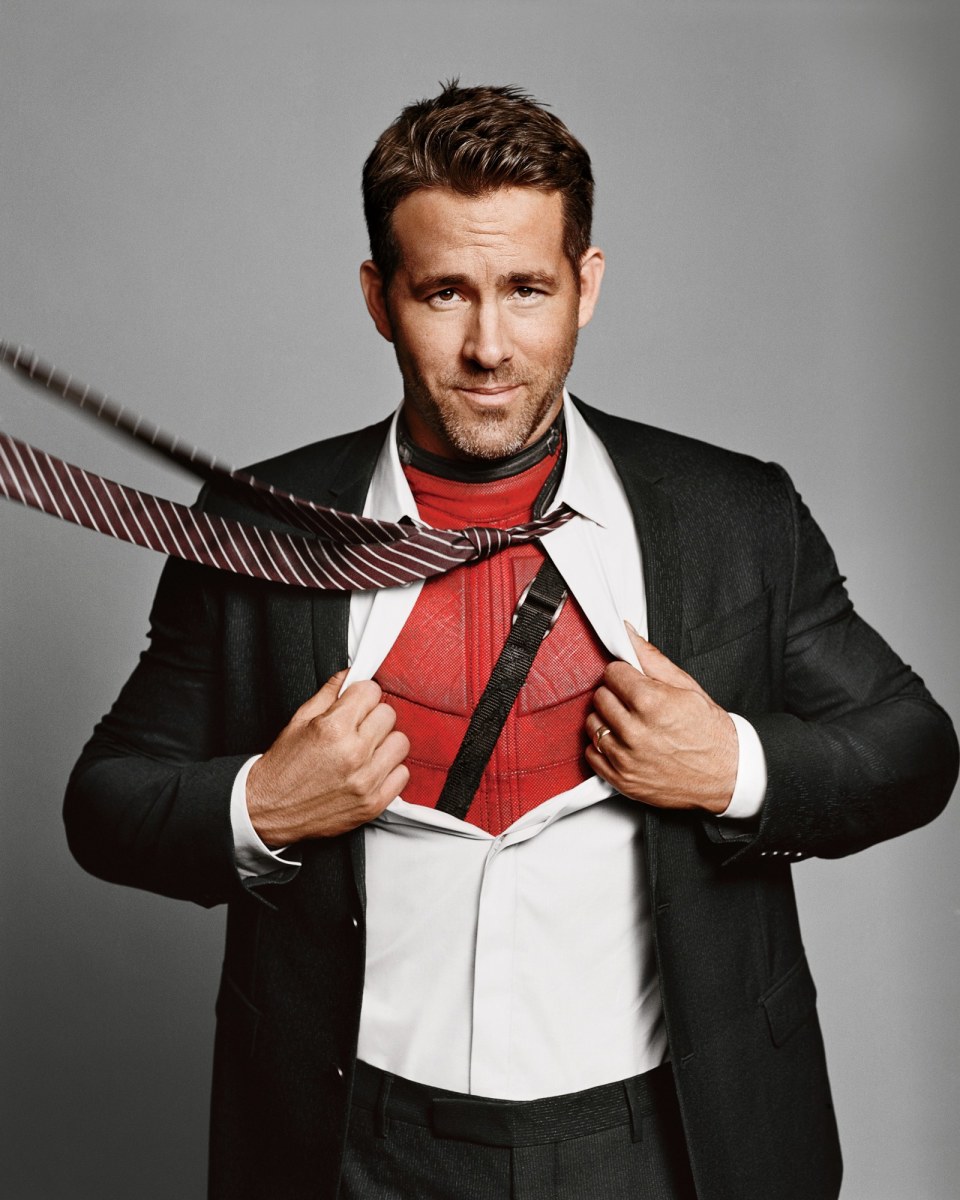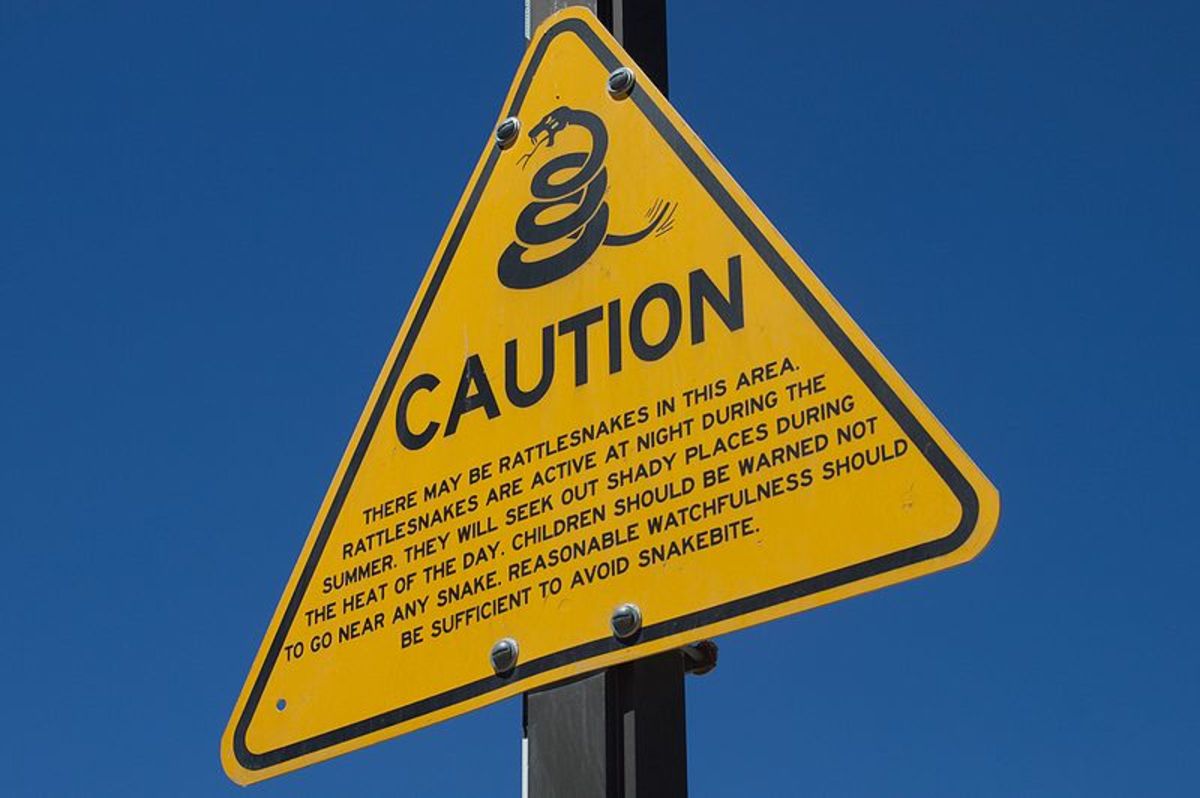Facing Up to Abuse and Alcoholism
Finding Help In A Crisis
April 4, Tuesday
The green expanse outside the motel window kept rippling, like waves of summer heat coming off the pavement, but tears were the real cause. The slender woman turned, planning to sit on the bed but found herself curled up instead, knees to chest, chin buried deep in the hollow pocket of her body. Again she cried, years of hurt and pent-up rage pouring out of her. She longed to be free, ached to be safe, but she wasn’t—not yet. She rocked back and forth on her side a while more, letting the tears come. Only the phone’s sharp ringing prodded her to shift positions.
“Hello.” “Carol, it’s me, Rebecca. Are you all right?”
“Not exactly.”
“You’re at a motel? I was surprised when I called the number you gave me and found out.”
“I’m in Orlando. How are the boys?”
“They’re fine. Mark misses you and keeps asking when you’re coming back. Billy was fussy at first and said he wanted to see his daddy, but finally fell asleep just moments ago.”
“What did you tell them?”
“Just what you said, that you’d be gone a few days and, since their dad couldn’t watch them, they’d be staying with me for a while. Carol, do you have any idea what you’re going to do?”
“No, not really. I need time to clear my head and sort out how things are at home. I’m just thankful you were there for me.”
“Well, friendships like ours don’t just evaporate, you know.”
“For sure. That’s why I asked you to watch the boys. I didn’t know where else to turn. My mother would just say I must have done something to deserve all this or tell me to put up with it, and no one else would have been of help either. You were my only real hope.”
“What did you tell your husband?”
“Nothing. I just left a note saying I needed some time to think and that the kids were safe.”
“Do you think he’ll suspect they’re with me?”
“Maybe, but I doubt it. He’d look closer to home first. The kids should be all right.”
“And what about you? I want you to be okay too.”
“I will be, at least I think so. I just need time to sort out my feelings and thoughts.”
“Well, I guess I can understand that. Wade and I certainly have had our bad days, especially those first couple of years. But still—”
“Becky, I know what you’re going to say. After seven years of marriage and two children, leaving seems drastic to me too. But I can’t go on any longer the way things are, I just can’t.”
“So what’s your plan?”
“I think I’ll stay here, at least for a few days. I just need to figure out what to do next, though I know it won’t be easy.”
“Well, listen, I’m here for you. I won’t be going anywhere the rest of this evening, or tomorrow either for that matter, except to take Wade, Jr. to preschool.”
“Gosh, Becky, I can’t thank you enough.”
“What are friends for, girl? Listen, we’ll talk later. Call me any time.”
Carol hung up the phone and sat for a minute, then got up and paced about the room. When her legs grew tired she settled into a padded recliner in the corner and tried to sort out her thoughts. They were like massive flakes in a snowstorm, swirling in from every direction, causing dizziness. She closed her eyes but that didn’t help much, and when she opened them again she felt sick to her stomach. Thinking she might throw up, she clutched a wastebasket that was close by, but even that simple relief wouldn’t come. In time the queasiness faded and she retreated to the bed again, propped up against pillows along the headboard.
Images came to her then, images of her children. Mark was standing there, wide-eyed and shouting “Mommy.” Billy was on the floor, crying. Carol wiped away more tears, then cringed, startled by the sound of a door opening and slamming shut. She looked over, relieved to find she was still alone. How many times had she heard the front door at home open and shut like that, knowing Ron was back? More times than she cared to admit, and it always meant the same thing—he'd been drinking and was in a bad mood.
The boys didn’t seem to care, at least not when they were little. Mark would run to his father and cling to him, and Billy would stand in his crib with arms outstretched, saying “Dada.” But in the last year or so Ron would push them away and make them wait for hugs that never came. In response to such behavior they’d learned to run and hide whenever they heard him come in.
Some nights he was just quiet and sullen, but more often than not he turned surly. He'd get a beer and then sink onto the couch in front of the TV, turn on some sporting event and lash out at anyone who made noise or got in his way. Worse yet for her, if he wanted sex, a 'no' just made Ron more determined. In the first few years of their marriage, before Mark was born and the drinking took over, she actually enjoyed their lovemaking—but not any more. She remembered all the times when tenderness should have happened, but didn’t. Now she just wanted it to stop.
Carol thought the situation through again. Her parents had too many problems of their own and wouldn’t understand. Getting another teaching job—she'd quit her last one at Ron's insistence—might not pay enough to support her and the boys. Whenever the idea of counseling popped into her head, she'd rejected the possibility because Ron had told her he didn’t have a problem. Oh sure, later on, after the next drinking episode he’d say he was sorry and try to smooth things over by bringing her flowers or playing a brief game of catch with one of the boys, but it never lasted. And if his drinking and angry outbursts got really severe, he’d put his head in her lap the next day, crying and promising that it would never happen again. But it always did. Before long he’d be right back at it, always ready with another excuse. She’d heard those promises and apologies so often she’d grown numb to them.
What about running away then? Other women she knew had done it, but what about the boys? If she took them away, he’d come looking for them or just call the police. And if she asked for a divorce, Ron would fight it and refuse to pay any support, even if a court ordered it. Worse yet, there was the small chance he might actually be given custody, and that would tear her apart.
Suicide then. Dying might end her suffering, but it would only hurt the children more and Ron would still have them. To make matters worse, everyone would feel sorry for him—a dad in this thirties, good looking and alone, with two sons to raise. It wouldn’t take long before some younger woman would agree to move in, maybe even marry him and begin to mother the boys, and the whole sick cycle would start all over again. She couldn't allow that, and she could never stomach someone else raising her children, even if that were legal.
The more Carol thought, the more confused and hopeless it all seemed. In desperation she went to turn on the television, thinking that might distract her. A news programwith an investigative report on care of the elderly was playing on that channel so she flipped through several more stations—past an infomercial for a tummy-flattening exercise board, the prediction of storms on the weather channel, and one of those sensationalized crime shows. But nothing helped get her mind off Ron.
Is he evil? Carol asked herself. She thought not. He’d never intentionally harm any of them, she knew that, or at least she thought she did. But he had lost his battle with alcohol. It controlled him, not the other way around, and that made her afraid of what he might do someday—accident or not. She turned to another channel and this time was confronted with a religious ad. A person's hand took a dusty Bible off a bookshelf as the narrator said, “If your life isn’t going the way you hoped, maybe it’s time to follow the original recipe.” At once tears poured out again, a flood of them this time, and Carol felt desperate enough to try anything. She took a Bible from the top drawer of the nightstand and thumbed its pages until she found a section labeled Verses for Special Needs. She scanned the list and the word 'courage' leapt out at her. Noting the referenced page number, Carol turned to First Chronicles, chapter twenty-eight, verse 20 and read:
"Be strong and of good courage, and act. Do not be afraid or dismayed; for the LORD God, my God, is with you. He will not fail you or forsake you. . . ."
Carol read the passage again. "Be strong and of good courage." Be strong and of good courage, and act, she told herself. But how? Which action was the correct one? How could she act, knowing that no matter what she did, everyone would still be hurting? Then she noticed a placard on the nightstand with two phone numbers on it, one for a chaplain on duty, the other a crisis help line. She hesitated only a moment and dialed the second number.
“Help Line. This is Chris. How can I be with you?”
“I’m not sure,” Carol said. “Just listen to me, I guess. I don’t know where to turn any more, or what to do.”
“Why don’t we start with your name then? Your first one is enough.”
“I’m Carol.”
“Hi, Carol. Again, I’m Chris. Thanks for calling. Now, why don’t you tell me what prompted you to get in touch with us.” “Well, I’m so confused, I just don’t know what to do.”
“Is this confusion new, or something you’ve felt before in your life?”
“I’ve felt like this for quite a while now, actually, the last four years at least.”
“What changed four years ago?”
“Our first son was born—and then my husband started drinking more.”
“I see. Did he drink before that?”
“Some, but not as much. When I first knew him he’d go out with his friends once in a while, and when we were on a date he’d have a few beers or maybe a mixed drink, but it wasn’t a problem.”
“And now it is.”
“Yes.” The tears started in again. “It’s gotten so I can’t stand to be around him anymore. I never thought I’d say that, but—”
“And that really hurts. I can tell.”
“Un huh,” Carol said between sobs.
“Do you love him?”
“Of course. That’s what makes this so hard. I do love him. I just don’t love what he’s become, or what he’s doing to us—all of us.”
“You and your son.”
“We have two sons now. Mark’s four and Billy’s two.”
“Are they with you this evening?”
“No, they’re staying out of town with a friend of mine where they’ll be safe.”
“Then you’re afraid someone might get hurt?”
“I don’t know. Ron’s never hurt any of us. Oh sure, he’s thrown things and punched walls a few times, even put a hole in one a month ago, but I don’t think he’d ever hit us. It’s just that he used to be easy-going and affectionate, but now the only thing that's important to him is his drinking.”
“Well, Carol, before we go any further, I’d like us to determine just how much of a problem his drinking really is. Would you mind going through a checklist with me right now, over the phone?”
“No, I guess not, not if it will help me know what to do.”
“All right. I have twenty questions here, and all you have to do is answer yes or no.” “Sounds simple enough.”
“Fine. Then here we go. I'll skip the first questions since his drinking already worries you. Let’s start with question number three: Do you ever criticize his drinking, or bring up the subject of how much money he spends on alcohol?”
“Yes.”
“When he’s drinking, has his behavior ever embarrassed you?”
“Yes. It’s gotten so I refuse to go to parties or school functions any more if he’s been drinking.”
“Does he ever lie about his drinking?”
“I guess so, at least he downplays it. He’ll say, ‘I’m only drinking beer’ or ‘I’m a big guy. I can handle my liquor.’ ”
“Do you ever think that drinking is more important to him than you are?”
“I never thought it would come to that, but yes.” Carol started to cry again.
“It’s all right, take your time. I know this is hard for you.” Chris waited a moment, giving Carol time for her to recover before going on. “Now, this next question is quite personal. Does his interest in sex increase when he’s drinking, while your interest declines?”
“That seems about right. We used to make love a lot and it was wonderful, but these last few years it’s like I’m just one of his football team's tackling dummies.”
“Carol, I’m so sorry.” Chris paused again. “Next . . . Have you ever threatened to leave home because of his drinking?”
“Only once, but he got so mad that I never mentioned it again.”
“Has your husband ever tried to stop drinking, but started up again and drunk even more?”
“Sure, lots of times. For instance—we went to a New Year’s Eve party last December and it was awful. He got so drunk he passed out. But a few days later he said, ‘I’ll show you. I can stop whenever I want.’ And he did—for almost two weeks, until we went to our next party, and then the man I married disappeared again.”
“Well, Carol, I’ve only asked you seven questions from our inventory but you’ve answered 'yes' to every one of them. Now, this checklist is designed to help someone know if a spouse or other loved one has a problem with alcohol. Saying 'yes' to even one question indicates a serious situation.” Chris waited a few seconds and then gave it to her straight. “Would it surprise you to be told that your husband is an alcoholic?”
There was silence at Carol's end. Then she took a deep breath and said, “I guess I’ve been hoping all along that someone would tell me that. People we know only make excuses for him, or just say I’m being too demanding.”
“Well, that’s not unusual. Most of them are too close to the problem to see the truth. That’s why your call tonight is so important. You needed to separate yourself from his drinking in order to make sense of it—and you needed a witness, someone who can honestly tell you you’re not crazy.”
“That's it! See, I’ve gone over all this in my mind, but I can’t decide what to do. I don’t know what would be best. I know I’m going to have to do something, and I’m so worried about my boys. They need both their parents—but not like this, not the way things are right now.”
“Well, Carol, I have some good news for you. There’s a women’s shelter here in the Orlando area that can take up to fifteen people. Now, what I’m going to suggest may sound radical, but believe me, it’s a lot less scary than all the other alternatives you’ve probably considered. I recommend that you go to the shelter and stay there a while.”
“But what about Mark and Billy? I can’t ask my friend to keep them more than a few days.”
“This shelter houses women and children. There’s a daycare center right on the grounds that's open from 8:00 in the morning till 7:00 at night, Monday through Friday, plus a half day in the morning each Saturday. And, in addition, tutors are available for your children.”
“What would it cost? I have my own checking account, but that wouldn’t cover the three of us for very long.”
“Don't worry. You’ll only be charged a portion of the cost, on a sliding scale. Are you working at the moment?”
“No, but I have a teaching certificate.”
“Good. That might come in handy later. First, though, I’d suggest you go to the shelter, just to get acquainted with the staff, and then spend a week there trying out their programs. After that you might want to look for a part-time job, perhaps do some substitute teaching to help with your share of the costs.”
“How long would we be there?”
“You can stay up to sixty days, and if the staff thinks you need even more time they’ll work with you to find another place that’s inexpensive but safe.” “What would I need to do if I went there?”
“Just attend meetings and work with a counselor who can help you sort out your options.”
“What kind of meetings?”
“For starters, Al-Anon. The shelter hosts eight different AA-sponsored meetings each week, but Al-Anon is the one for adults whose loved one has a drinking problem.”
“Ron would never let me stay there. He'll come and make us go back home.”
“I'm afraid that would be impossible. You see, the shelter is in a secret location outside the city limits. There are no signs or markings to identify it, and if a client has a car it’s kept in an enclosed area that isn't visible from any road. Even the phone number isn’t listed. Only crisis workers like myself know how to contact them.”
“Then how would I get there, or even learn if there’s room for us?”
“I’m sure they have room, but I’ll call them right now and make the arrangements. Then I’ll give them your phone number so they can be in touch with you yet this evening.” “That sounds fine,” Carol said, “but what about Mark and Billy?”
“Do you have a car available?”
“Yes.”
“Then let me suggest this. Why not go to the shelter first thing tomorrow morning and talk with someone there? Then, later in the day, or even Tuesday, pick up your boys and take them back to the shelter with you.”
“What about my husband? I can’t just disappear for months on end without telling him anything.”
“I understand. Now, this is what's worked for other people in your situation. Just write him a brief letter. Don’t tell him where you're going. Just say you’ve found a safe place to stay for a while where you can get help sorting out what to do, since his drinking makes it impossible to be at home right now.”
“Should I say how long I plan to be gone?”
“No. Just tell him you’ll be in touch once you’ve decided what to do.”
“That sounds reasonable.”
“Good. Now, remember, someone from the shelter will call you a bit later to arrange a meeting with you and lead you to the shelter in the morning. Give me your phone number.” When that was done Chris said, “Best of luck, Carol—and again, thanks for contacting us.”
“Thank you, Chris. You’ve been a big help.”
Carol hung up, laid her head back on a pillow and closed her eyes. For the first time in months she felt a sense of calm and had the courage to hope again. That courage moved her to get up and go to the desk in her motel room. She rummaged through her purse and tore a piece of paper from the datebook she always carried. Then she took up a pen on the desk, thought for a moment and began to write.
Dear Ron,
You may be wondering where I am and what I’m doing. I hope so. But to tell the truth, I’m not at all sure how much our two boys or I mean to you any more. There was a time when I was certain of your love, but now all I’m certain of is that alcohol is at the top of your list. I wish it weren’t so, but that’s the case.
I’ve decided to take some time away from you and your drinking to sort things out and consider my options, for my sake as well as for Mark and Billy. I’ve found a place to stay for a while with people who understand and can help me. The three of us are fine and will be safe.
Once I’ve made up my mind what to do, I’ll be in touch. In the meantime I hope you will be thinking a lot, too, about how important the three of us are to you, because unless we’re more important than your next drink, whatever you decide won‘t be enough to bring us back.
Carol
She re-read what she’d written, then folded the paper and slipped it inside an envelope from the motel. A ripple of panic spread through her, fearing that the envelope would give her location away, but a minute later calm took over when she realized that by the time he read the note she wouldn't be there. Instead, she'd be where he couldn't find her, so she addressed the envelope and sealed it shut. Just then the phone rang and she jumped, terrified it might be Ron calling, as though he’d been watching from some secret place and would be coming to get her, but it was the women’s shelter instead.
“Yes, this is Carol.”
“Hi, Carol. This is Nancy at Shelter Haven. I understand you’d like to stay with us for a while.”
“That's right.”
“Well, we have room for you and both your boys. You’re in Orlando now, correct?”
“Yes, but my sons are still with a friend of mine, about ninety minutes from here.”
“That's no problem. You can pick them up tomorrow if you like and bring them here. Do you know where the Florida Mall is, on South Orange Drive?”
“I do, but it’s so public.”
“That’s exactly why I’m suggesting it. Are you familiar with the Adam’s Mark Hotel near the mall?”
“Yes.”
“Great. What kind of car are you driving?”
“A ’98 green Chevy Blazer.”
“Alright. I want you to park in front of the hotel at precisely nine o’clock tomorrow morning. I’ll be waiting there in a little red Neon. When you see me, flash your headlights and I’ll flash mine. Then follow me to the shelter.”
“Okay. Nine o’clock tomorrow, in front of the Adam’s Mark.”
“That's right. See you in the morning, Carol, and have a good night’s sleep.”
“I will. Thank you.”
Carol hung up the phone and looked around the room. For the first time she saw it was painted a warm yellow, with white woodwork everywhere, and noticed a huge rainbow of assorted flowers on a square table next to a cinnamon-colored lounge chair that appeared to be Scandinavian.
[an excerpt from Room 219, a novella, available from CreateSpace: Self Publishing and Free Distribution for Books, CD, DVD, from Amazon.com: Online Shopping for Electronics, Apparel, Computers, Books, DVDs & more, and from Barnes & Noble - Books, Textbooks, eBooks, Toys, Games & More]
© 2008 Bear Tales








